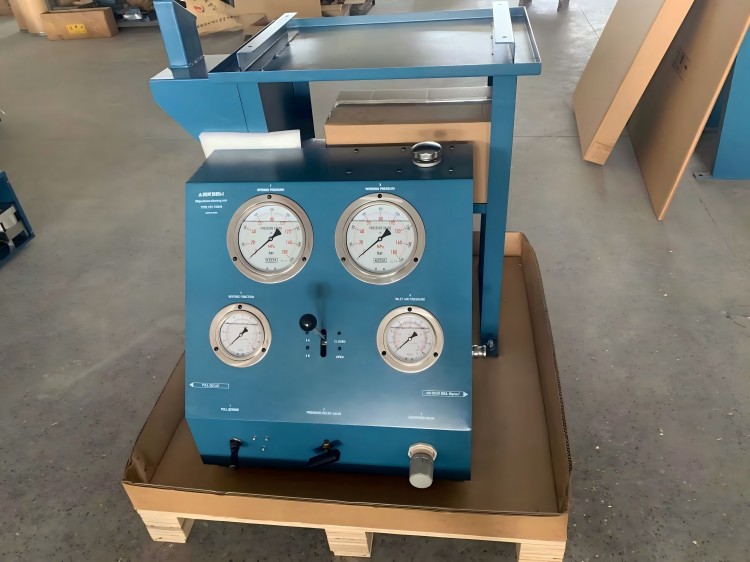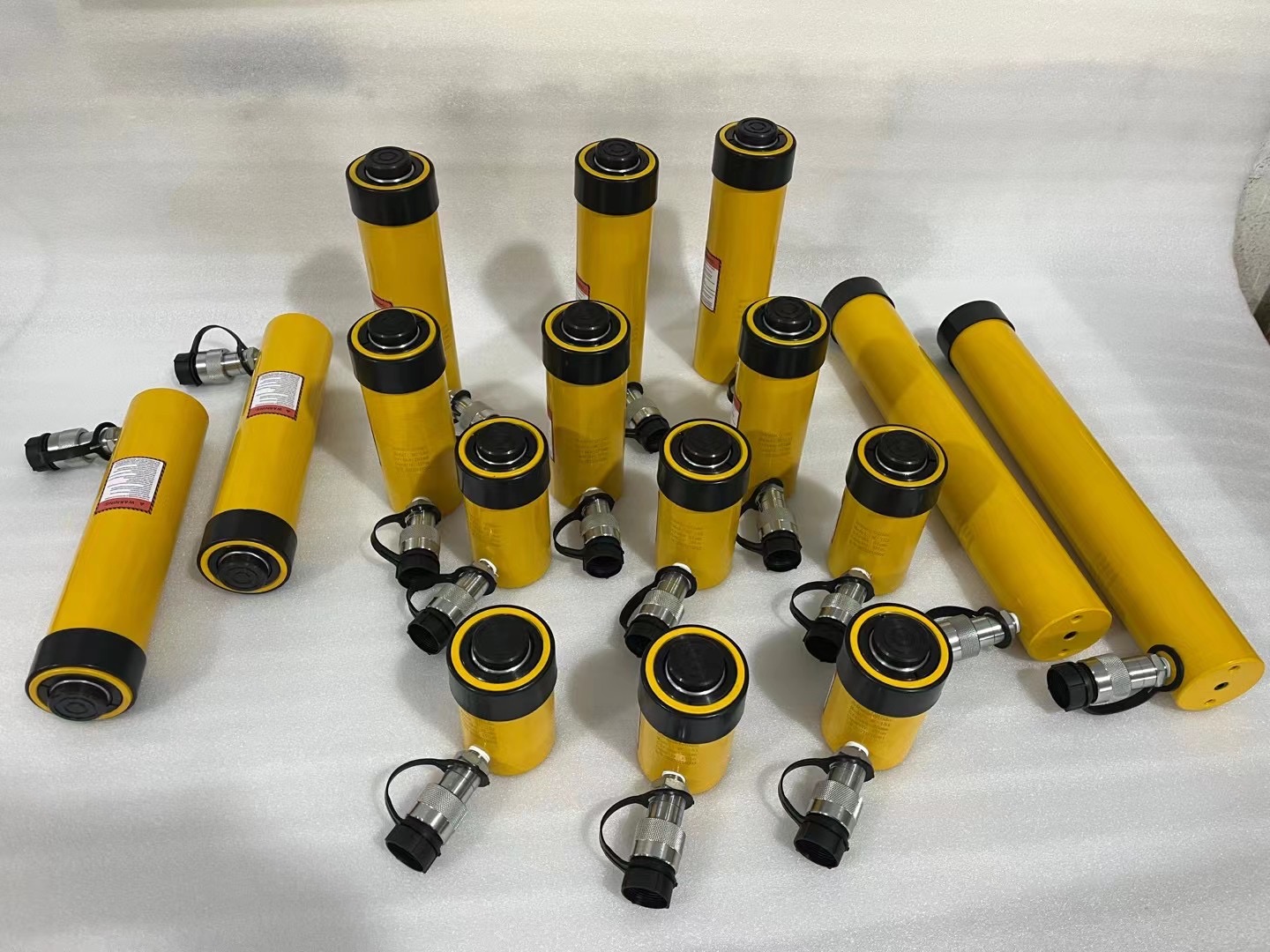Research Report on Fuel Valve Testing Device
Abstract
This report focuses on the fuel valve testing device. It presents an in - depth analysis of its design, working principles, functions, and application scenarios. The purpose is to provide a comprehensive understanding of this crucial testing equipment in the field of fuel systems.
Introduction
Fuel valves play a vital role in the proper operation of various fuel - powered systems, such as engines in automobiles, aircraft, and industrial machinery. Ensuring the quality and performance of fuel valves is of utmost importance. A fuel valve testing device is developed to meet this need, which can accurately evaluate the functionality and reliability of fuel valves under different conditions.
Design of the Fuel Valve Testing Device
• Mechanical Structure: The device consists of a solid and stable frame that can firmly hold the fuel valve during the testing process. It also includes a series of connecting parts and fixtures to ensure proper alignment and connection with the valve.
• Fluid System: A precisely designed fluid system is incorporated. It has the ability to supply fuel or a simulated fluid with specific pressure, flow rate, and temperature characteristics. This system can mimic the actual working conditions of the fuel valve in the real - world environment.
• Measurement and Control System: The testing device is equipped with various sensors to measure parameters such as pressure, flow rate, opening and closing time of the fuel valve. A control unit is used to adjust and monitor these parameters, enabling precise control of the testing process.
Working Principles of the Testing Device
• Pressure Testing: The device can apply different levels of pressure to the fuel valve to check its sealing performance. By measuring the pressure change within the system and observing any leakage, the integrity of the valve can be evaluated.
• Flow Rate Testing: The fluid system provides a controlled flow of fluid through the fuel valve. The flow rate sensors measure the actual flow passing through the valve under different pressure differences. This helps to determine if the valve can regulate the flow as designed.
• Opening and Closing Characteristics Testing: The control system can actuate the fuel valve to open and close repeatedly. The time taken for opening and closing, as well as the smoothness of the operation, are monitored and analyzed to assess the mechanical performance of the valve.
Functions of the Fuel Valve Testing Device
• Quality Assurance: It enables manufacturers to ensure that each fuel valve produced meets the required quality standards before being installed in the final product. This reduces the risk of faulty valves causing problems in the overall system.
• Research and Development: Researchers can use the testing device to study the performance of new - designed fuel valves, make improvements, and optimize their design based on the test results.
• Maintenance and Troubleshooting: In the maintenance process of existing fuel systems, the device can be used to diagnose problems with fuel valves. By comparing the test results with the normal performance parameters, technicians can quickly identify and repair faulty valves.
Application Scenarios
• Automotive Industry: In automobile manufacturing plants, the fuel valve testing device is used to test fuel injection valves and other relevant valves in the fuel supply system of engines. This ensures the efficient and reliable operation of the vehicle's fuel system.
• Aerospace Industry: For aircraft engines, the high - precision fuel valve testing device is essential. Given the critical nature of aircraft operation, any malfunction in the fuel valve can have serious consequences. The device is used to rigorously test fuel valves to meet the strict safety and performance requirements of the aerospace industry.
• Industrial Machinery: In industrial applications where fuel - powered engines or burners are used, the fuel valve testing device helps to maintain the proper operation of the fuel supply system. This improves the overall efficiency and reduces downtime of the industrial equipment.
Conclusion
The fuel valve testing device is an indispensable tool in the fuel system industry. Its advanced design, accurate working principles, and diverse functions make it possible to ensure the quality and performance of fuel valves in various applications. With continuous development and improvement, it will play an even more significant role in the future to meet the increasingly stringent requirements of different industries.







